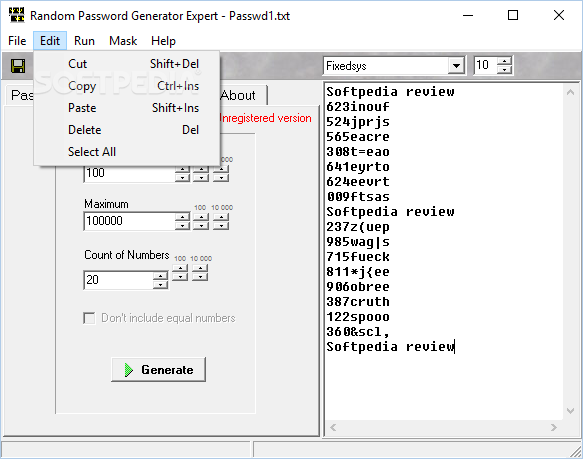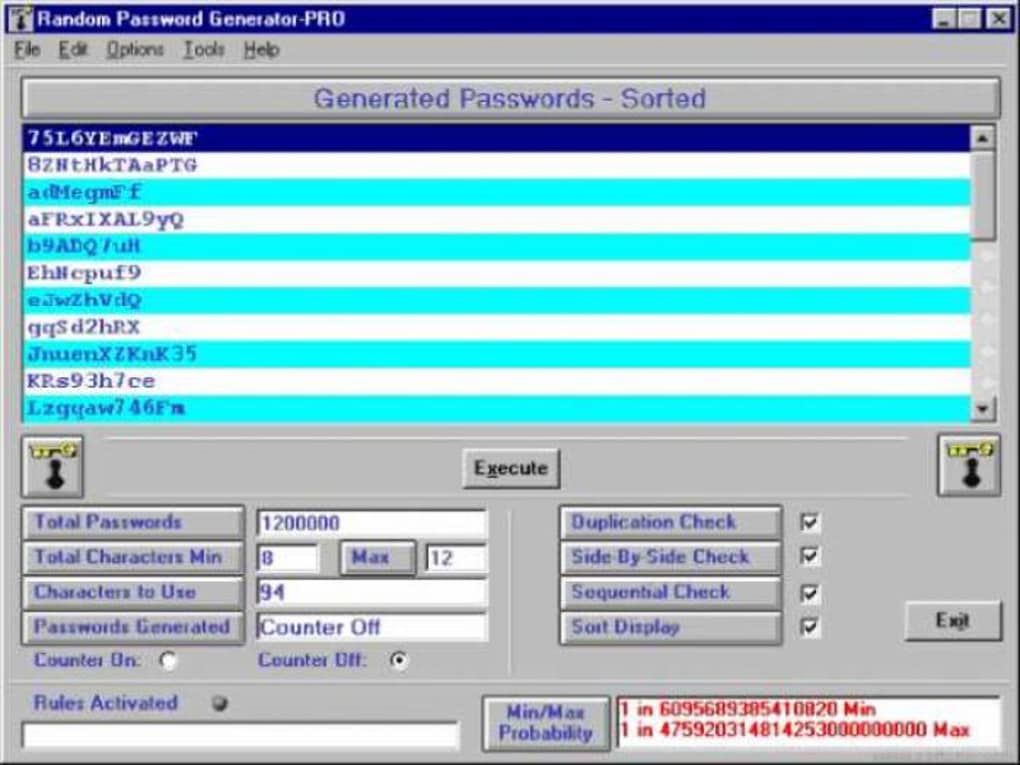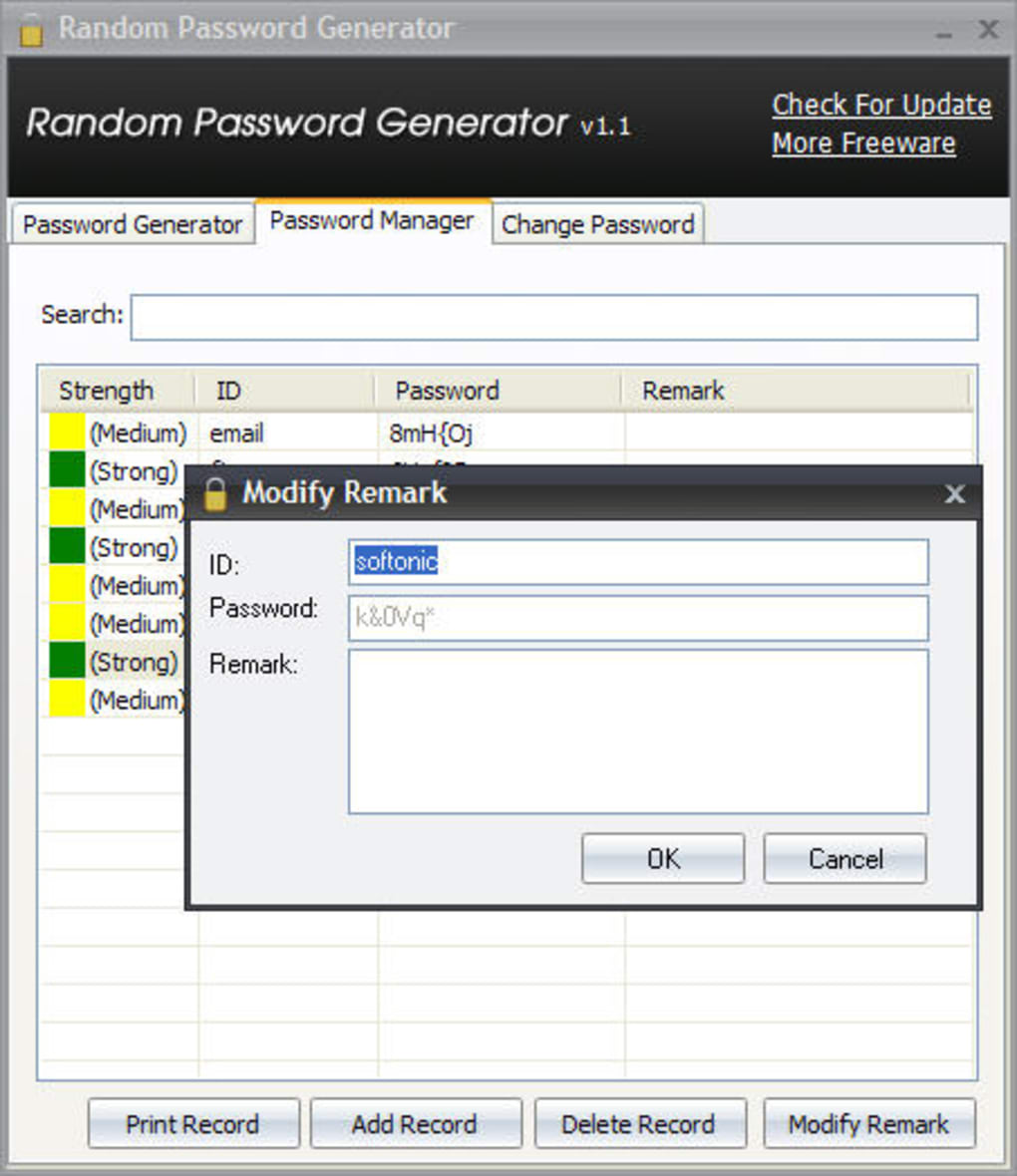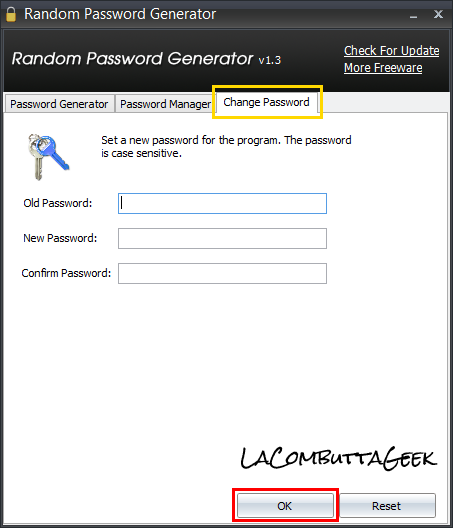


This option exists only if OpenSSL was compiled with the zlib or zlib-dynamic option. bufsize numberĬompress or decompress encrypted data using zlib after encryption or before decryption. Print out the key and IV used then immediately exit: don't do any encryption or decryption. When a password is being specified using one of the other options, the IV is generated from this password. When only the key is specified using the -K option, the IV must explicitly be defined. The actual IV to use: this must be represented as a string comprised only of hex digits. It does not make much sense to specify both key and password. When both a key and a password are specified, the key given with the -K option will be used and the IV generated from the password will be taken. If only the key is specified, the IV must additionally specified using the -iv option.

The actual key to use: this must be represented as a string comprised only of hex digits. The actual salt to use: this must be represented as a string of hex digits.

Use salt (randomly generated or provide with -S option) when encrypting, this is the default. This option SHOULD NOT be used except for test purposes or compatibility with ancient versions of OpenSSL. nosaltĭon't use a salt in the key derivation routines. Use PBKDF2 algorithm with default iteration count unless otherwise specified. This option enables the use of PBKDF2 algorithm to derive the key. High values increase the time required to brute-force the resulting file. Use a given number of iterations on the password in deriving the encryption key. Use the specified digest to create the key from the passphrase. This is for compatibility with previous versions of OpenSSL. Read the password to derive the key from the first line of filename. If the -a option is set then base64 process the data on one line. If decryption is set then the input data is base64 decoded before being decrypted. This means that if encryption is taking place the data is base64 encoded after encryption. eĮncrypt the input data: this is the default. For more information about the format of arg see "Pass Phrase Options" in openssl(1). The output filename, standard output by default. The input filename, standard input by default. OPTIONS -helpĪlias of -list to display all supported ciphers. Base64 encoding or decoding can also be performed either by itself or in addition to the encryption or decryption. The symmetric cipher commands allow data to be encrypted or decrypted using various block and stream ciphers using keys based on passwords or explicitly provided. Openssl-enc, enc - symmetric cipher routines SYNOPSIS


 0 kommentar(er)
0 kommentar(er)
